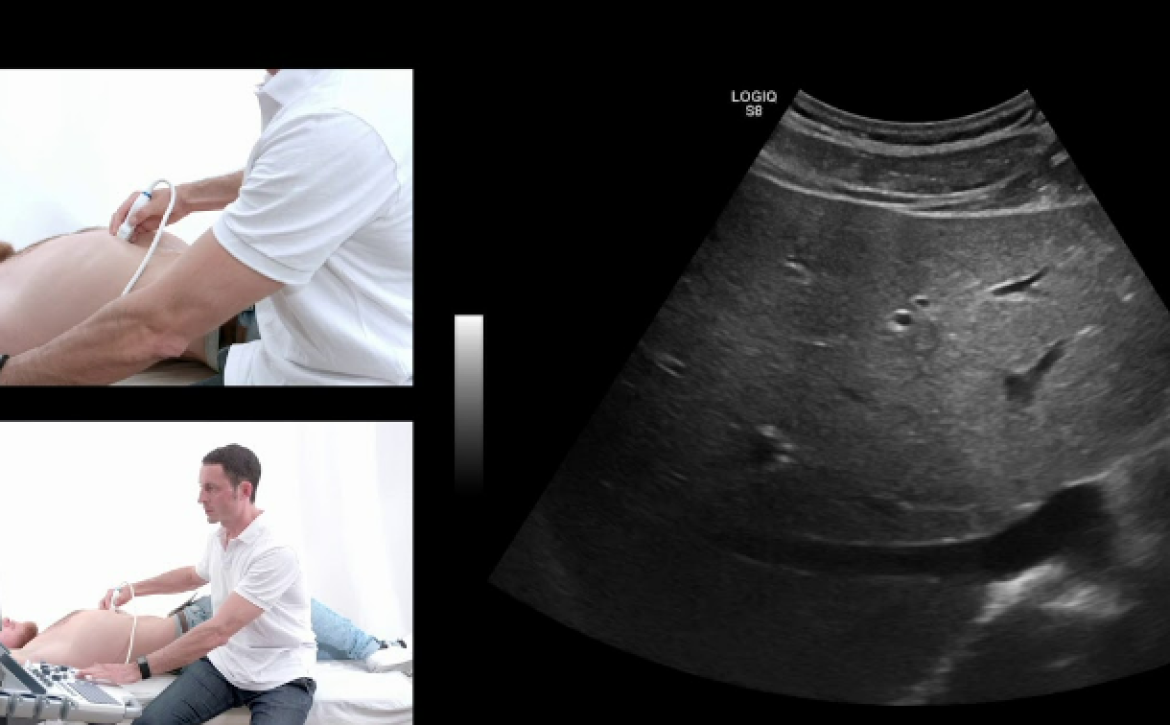Hepatitis B and C: Causes, Symptoms, and Importance of Early Detection
Hepatitis B and C are two types of viral infections that primarily affect the liver. They are a significant global health concern, with millions of people affected worldwide. As a leading ultrasound clinic in London, we understand the importance of raising awareness about these infections, their causes, symptoms, and the crucial role of early detection and management.
Hepatitis B:
Hepatitis B is caused by the hepatitis B virus (HBV) and is transmitted through contact with infected blood, semen, vaginal fluids, or other body fluids. It can be passed from an infected mother to her baby during childbirth, through sexual contact with an infected person, or by sharing needles and other drug-injection equipment. Here’s what you need to know about hepatitis B:
Causes of Hepatitis B
The cause of Hepatitis B is a blood bourne virus and can be spread via transmission through the blood or bodily fluids.
Unprotected sexual contact with an infected person.
Sharing needles or syringes with an infected person.
From mother to child during childbirth.
Accidental needlesticks or other sharp instrument injuries.
Symptoms:
- Jaundice (yellowing of the skin and eyes).
- Fatigue.
- Abdominal pain.
- Nausea and vomiting.
- Dark urine and pale stools.
- Joint pain.
- Loss of appetite.
Hepatitis C
Hepatitis C is caused by the hepatitis C virus (HCV) and is primarily transmitted through contact with infected blood. It is a major cause of chronic liver disease, leading to cirrhosis and liver cancer. Understanding hepatitis C is crucial for preventing its spread and managing its impact:
Causes of Hepatitis C
The causes of hepatitis C are limited as the disease is blood bourne and therefore only passed by blood.
Sharing needles or other drug paraphernalia.
Receiving a blood transfusion or organ transplant before widespread screening.
Needlestick injuries in healthcare settings.
Mother-to-child transmission during childbirth (less common).
Symptoms:
- Jaundice (yellowing of the skin and eyes).
- Fatigue.
- Abdominal pain.
- Loss of appetite.
- Nausea and vomiting.
- Dark urine and pale stools.
- Joint pain.
Importance of Early Detection:
Both hepatitis B and C infections can be “silent” for many years, showing no noticeable symptoms. This makes regular screenings and early detection critically important, especially if you are at risk due to potential exposure. As a leading ultrasound clinic in London, we offer advanced imaging techniques that can assist in diagnosing and monitoring the progression of these infections.
Diagnostic Tools:
Ultrasound: London Private Ultrasound clinic high-resolution ultrasound imaging that can detect changes in the liver’s structure and identify any signs of liver damage or scarring (cirrhosis).
Blood Tests: Specific blood tests can identify markers of hepatitis B and C infections, helping us determine the presence and severity of the virus in your body.
FibroScan®: This non-invasive test measures liver stiffness, aiding in the assessment of liver fibrosis (scarring) caused by chronic hepatitis.
Prevention and Management:
Preventing hepatitis B and C involves adopting certain precautions:
- Practice safe sex and use barrier methods.
- Do not share needles, razors, or personal items that may have come into contact with blood.
- Get vaccinated against hepatitis B.
- Screen blood and organ donations.
- Ensure proper sterilization of medical equipment.
Book Private Liver Fibroscan (shearwave Elastography)
Hepatitis B and C are serious viral infections that can lead to severe liver damage if left untreated. As a trusted ultrasound clinic in London, we emphasize the importance of awareness, early detection, and regular screenings for those at risk. Our advanced imaging techniques, including ultrasound and FibroScan®, play a crucial role in diagnosing, monitoring, and managing these infections.
Remember, early detection and proper medical guidance can lead to better outcomes and a healthier liver. If you suspect you may be at risk or need to schedule a screening, don’t hesitate to contact us. Your liver health is our priority and we can often provide same day appointments – available to book online.

